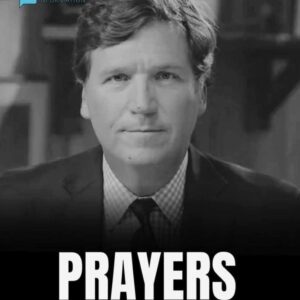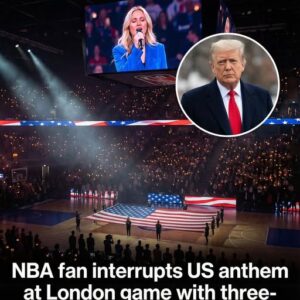The Controversial Use of the State Secrets Privilege in Venezuelan Migrant Deportations
I. Introduction
In recent weeks, the Trump administration has found itself embroiled in a contentious legal battle over its handling of deportation flights targeting Venezuelan migrants. On Monday, high‑ranking officials—including Attorney General Pam Bondi, Secretary of State Marco Rubio, and Kristi Noem, Secretary of the Department of Homeland Security—invoked the “state secrets privilege” to refuse providing further details to U.S. District Judge James Boasberg about flights deporting Venezuelan migrants to El Salvador under an 18th‑century wartime law. This legal maneuver has sparked intense debate among policymakers, legal scholars, and the public, as it touches on issues of executive authority, national security, and judicial oversight.
Chief Judge Boasberg, who has taken a strong stance in the case, contends that the administration’s refusal to disclose key details—such as the number of passengers, the precise timing of flight departures and landings, and flight routes—undermines the judicial process and potentially violates due process rights for the affected migrants. Meanwhile, top government attorneys have defended their decision by asserting that releasing such sensitive information could jeopardize “diplomatic and national security concerns.” This dispute has now escalated into a broader discussion on the limits of the state secrets privilege, the scope of presidential authority under the Alien Enemies Act, and the separation of powers between the executive branch and the judiciary.
In this article, we explore the background and context of these deportation flights, examine the legal and constitutional issues raised by the Trump administration’s actions, and analyze the broader political and international implications of the case. We will also delve into how the case fits into the current polarized political climate and what it may mean for the future use of executive power in national security matters.





